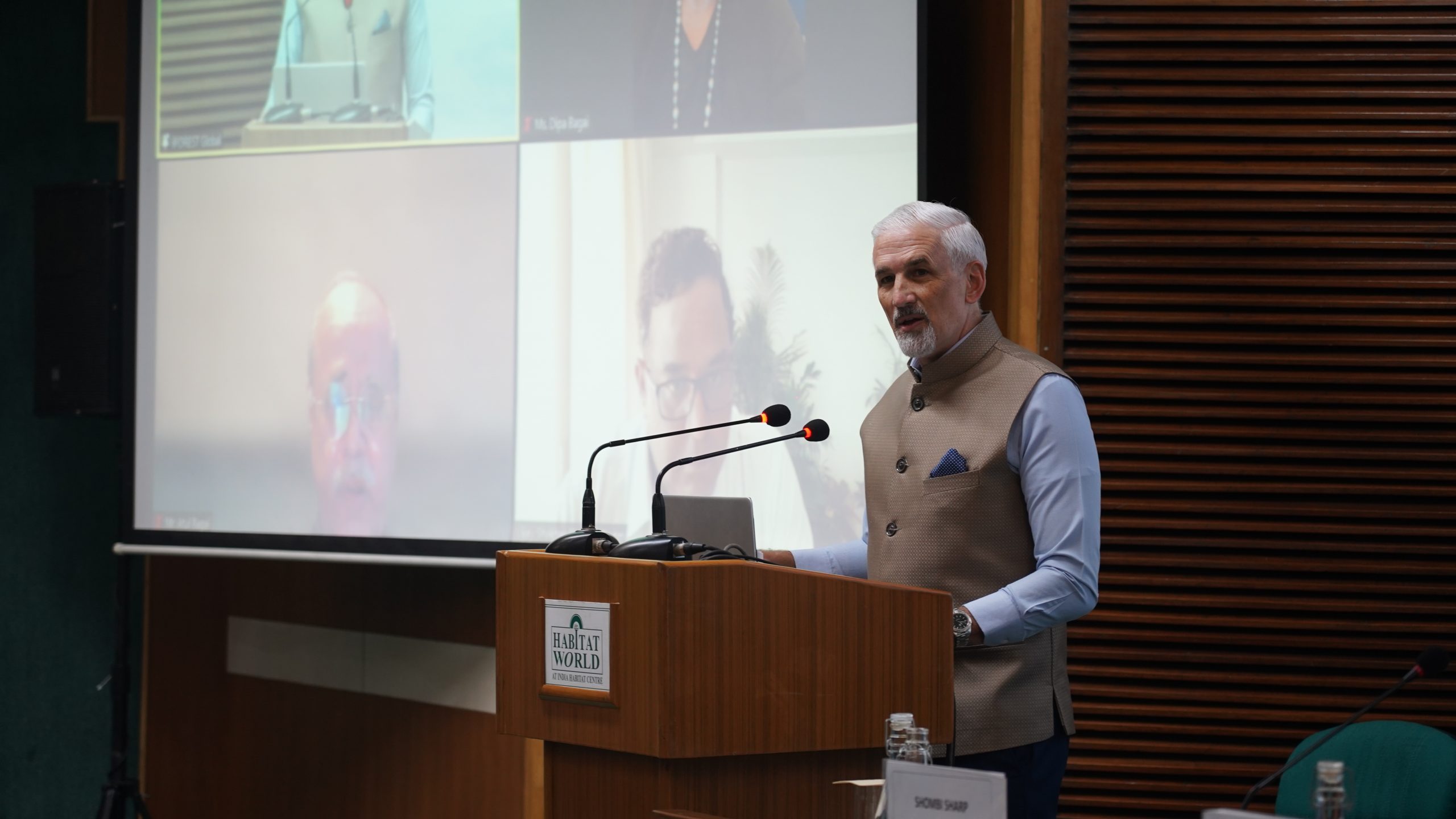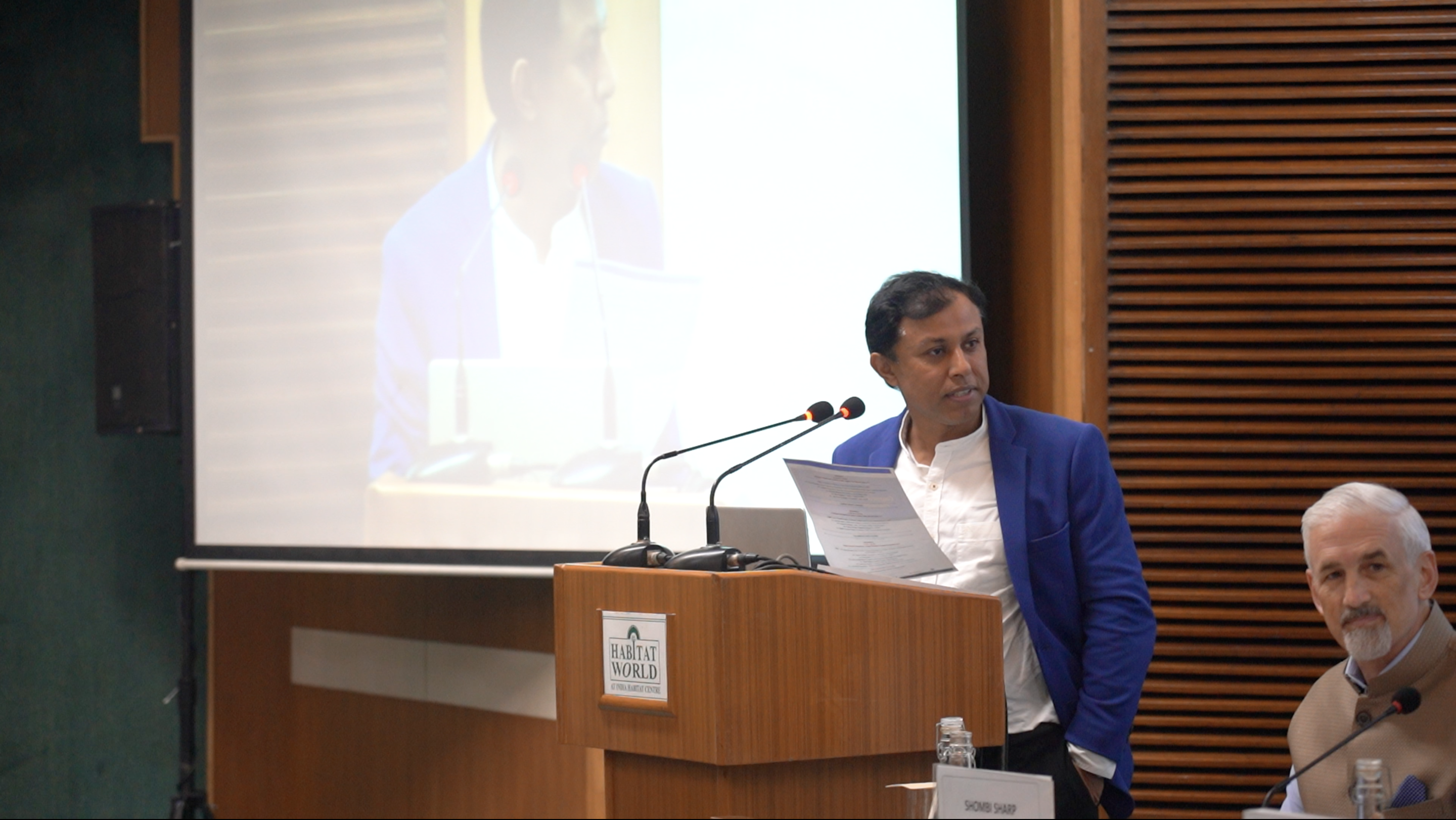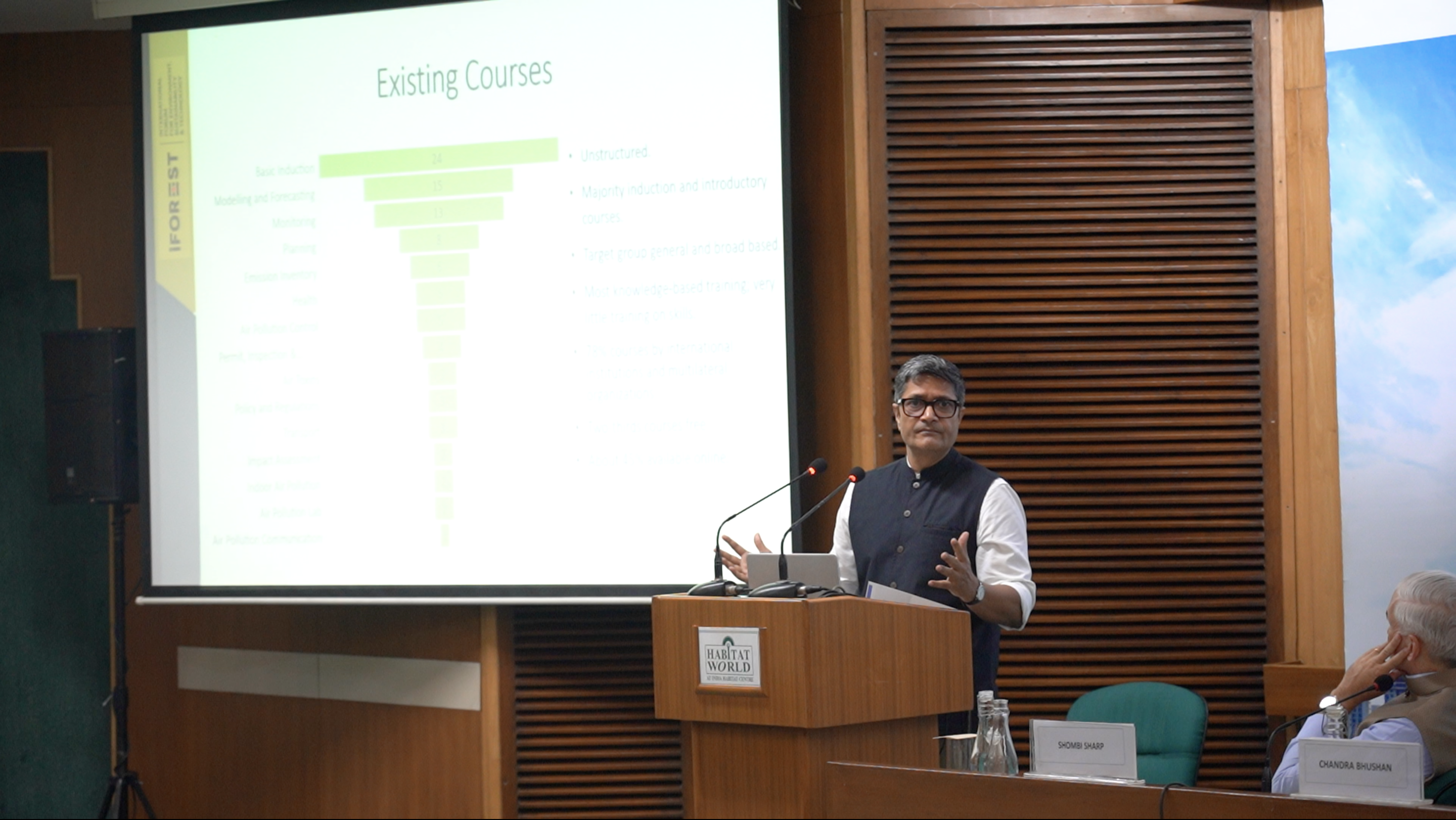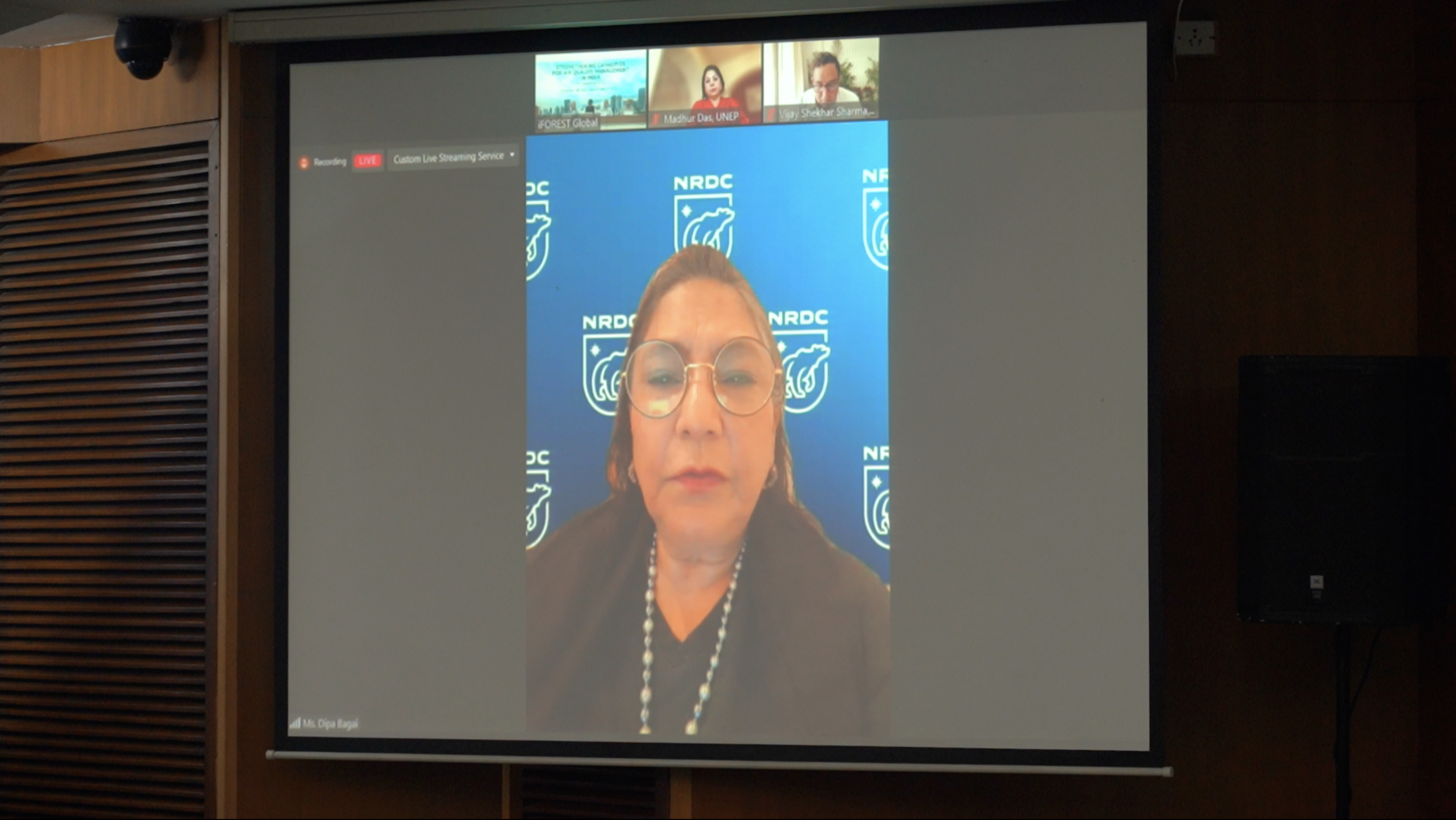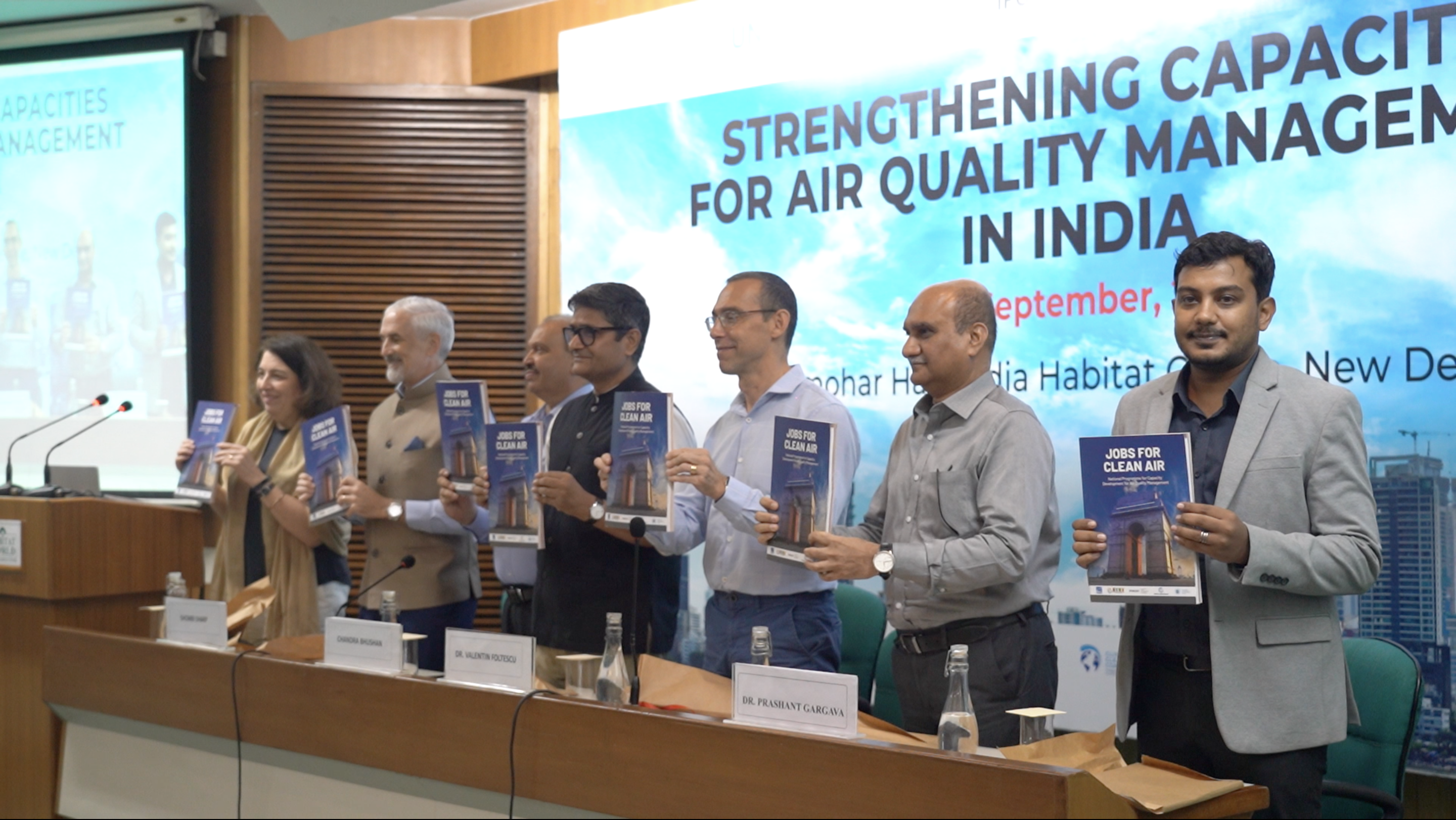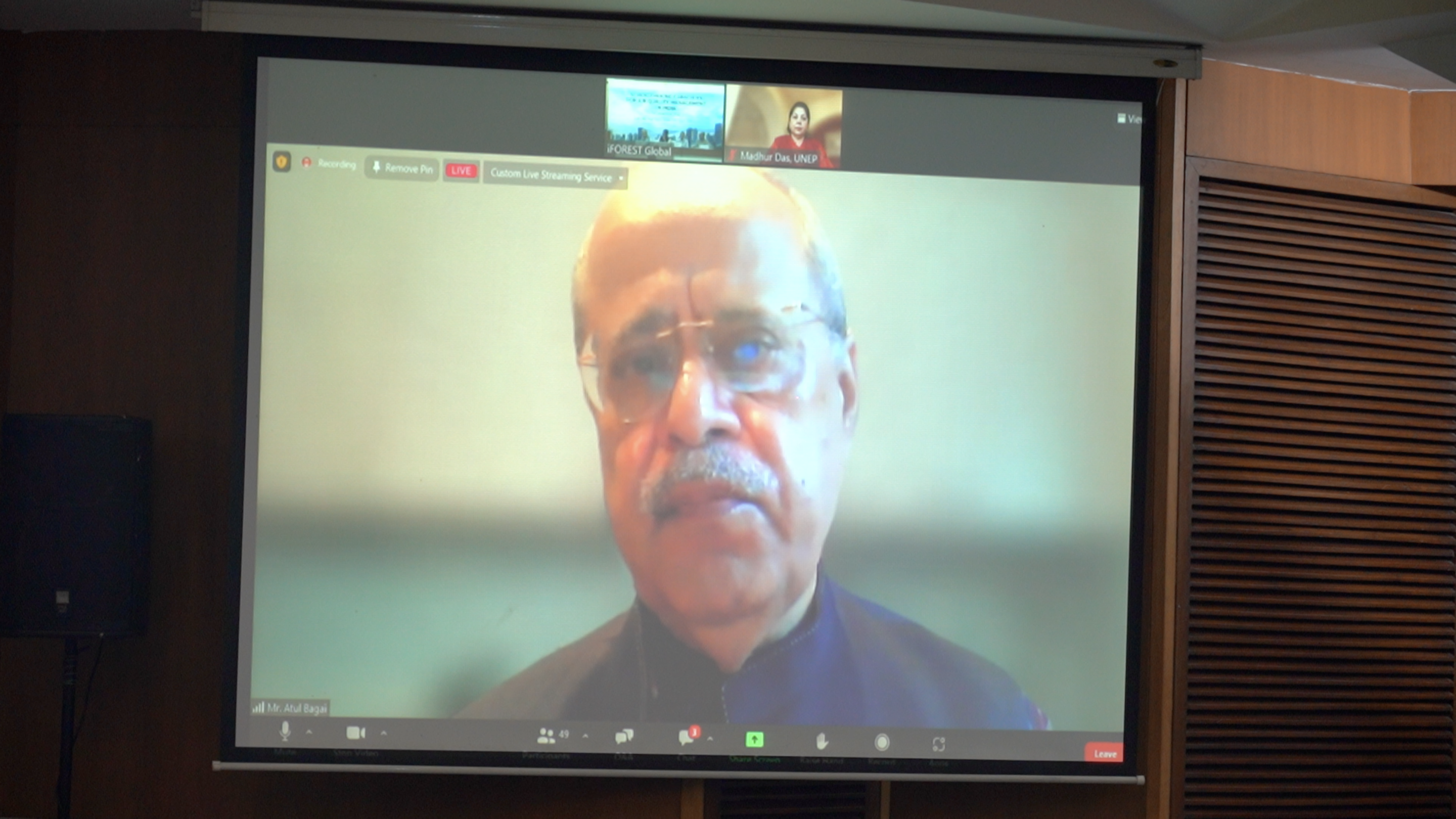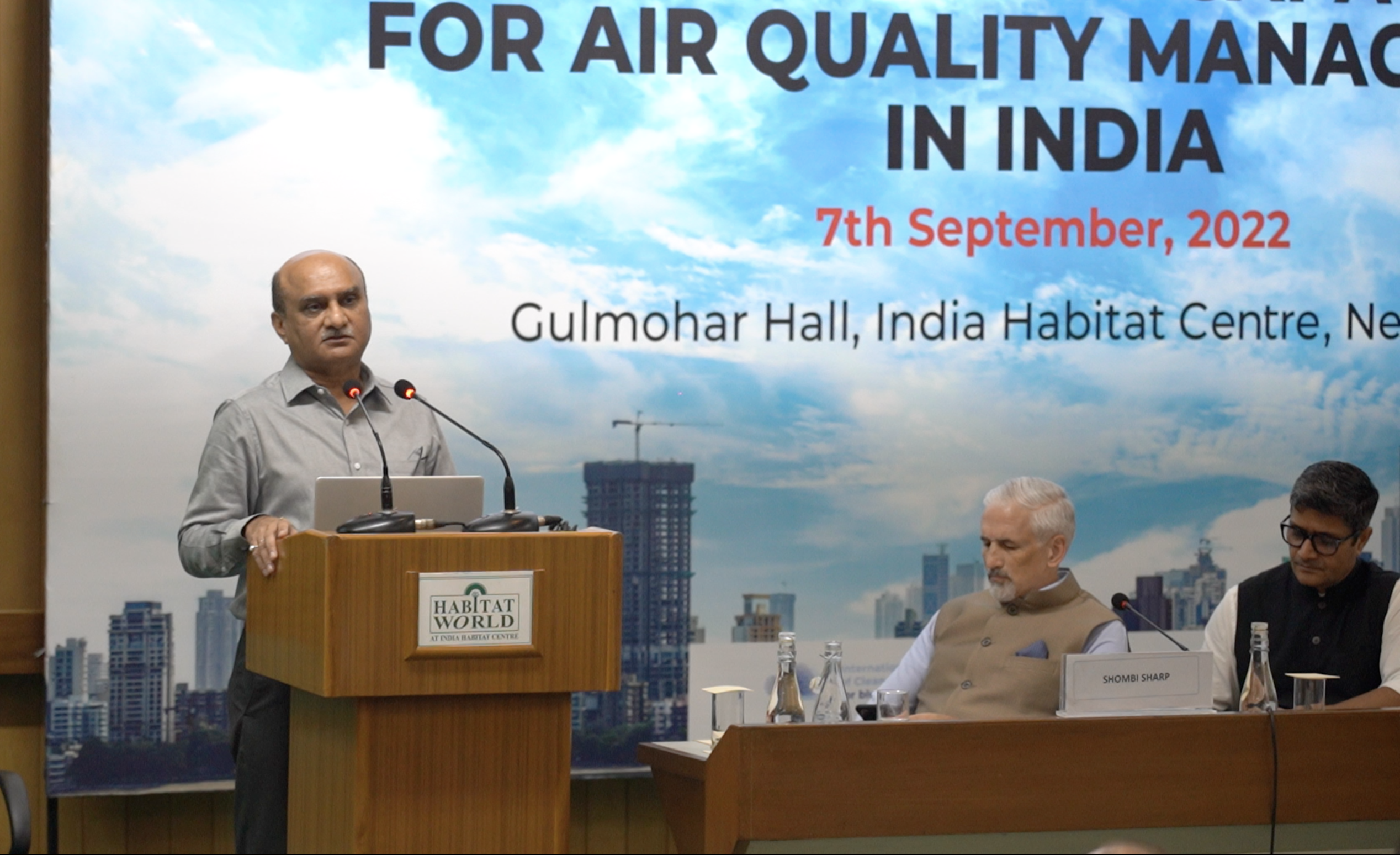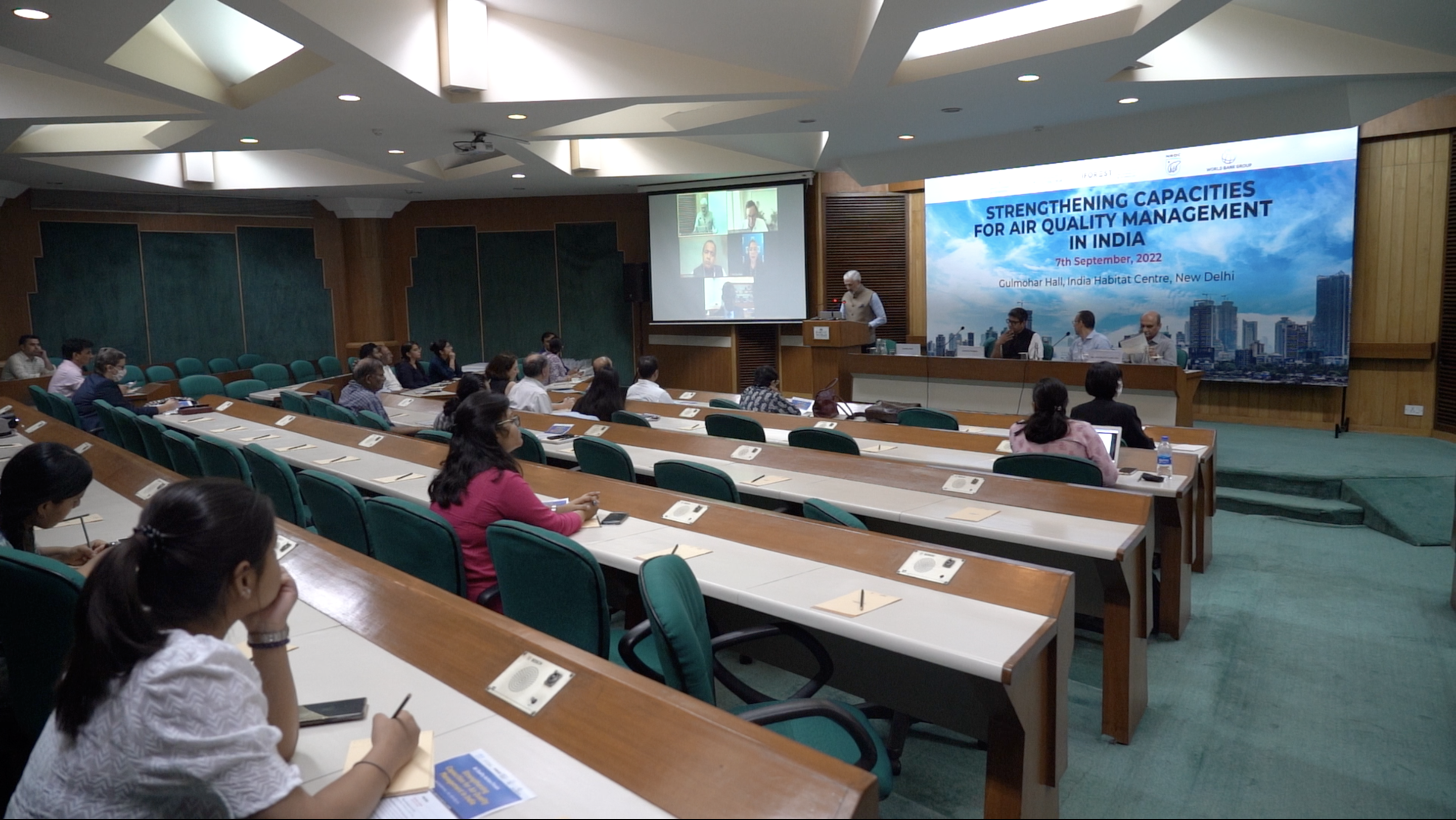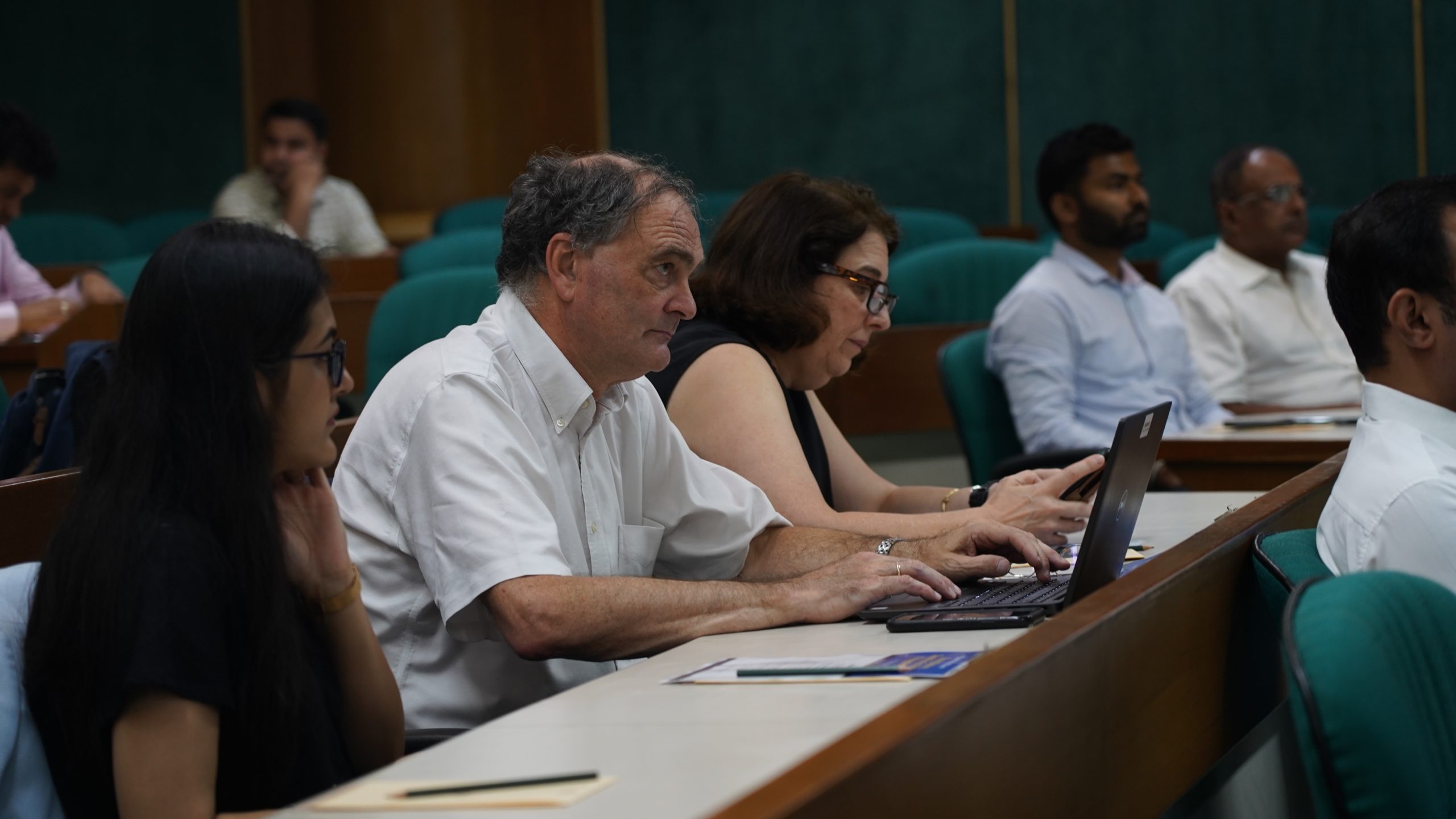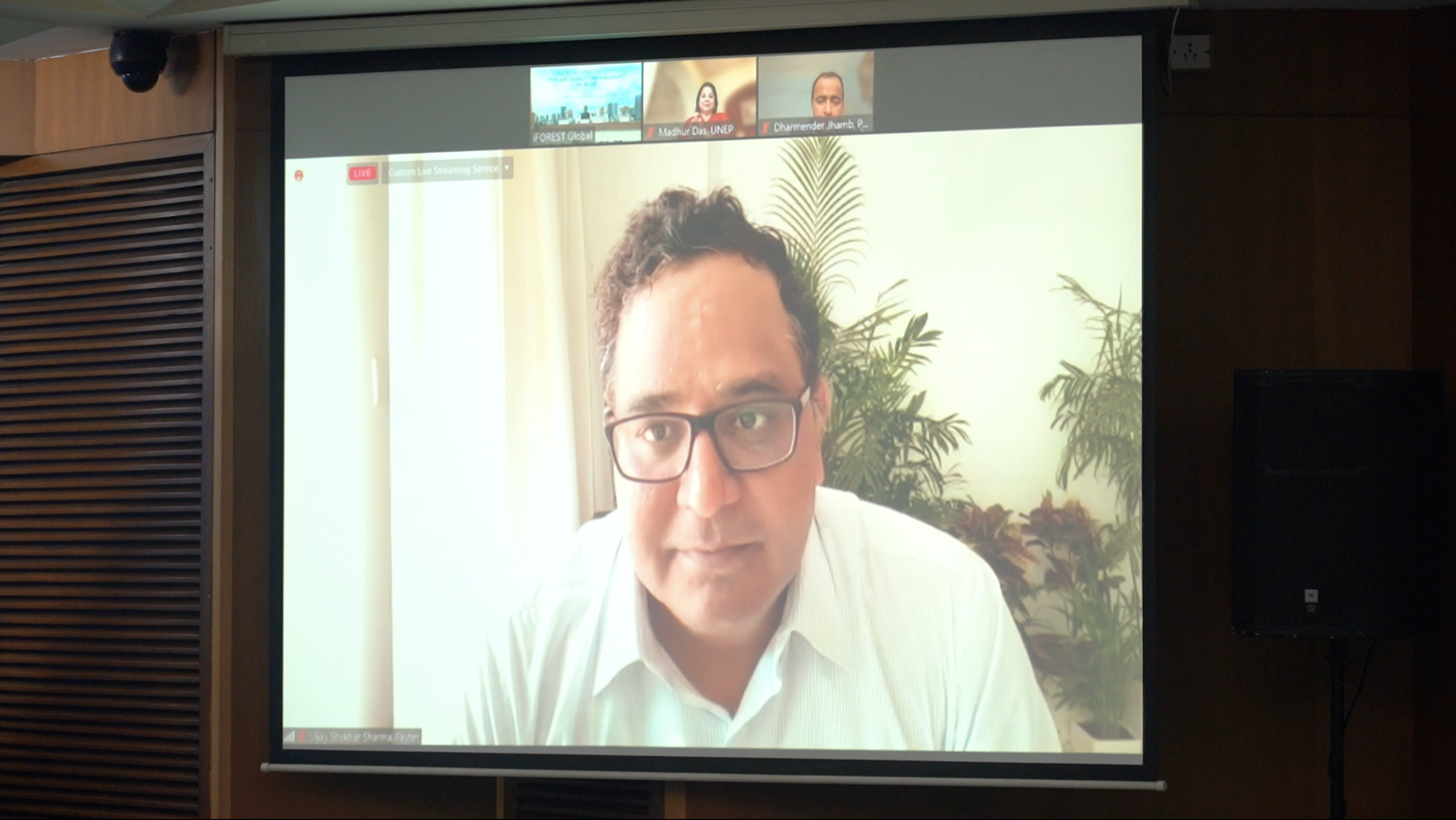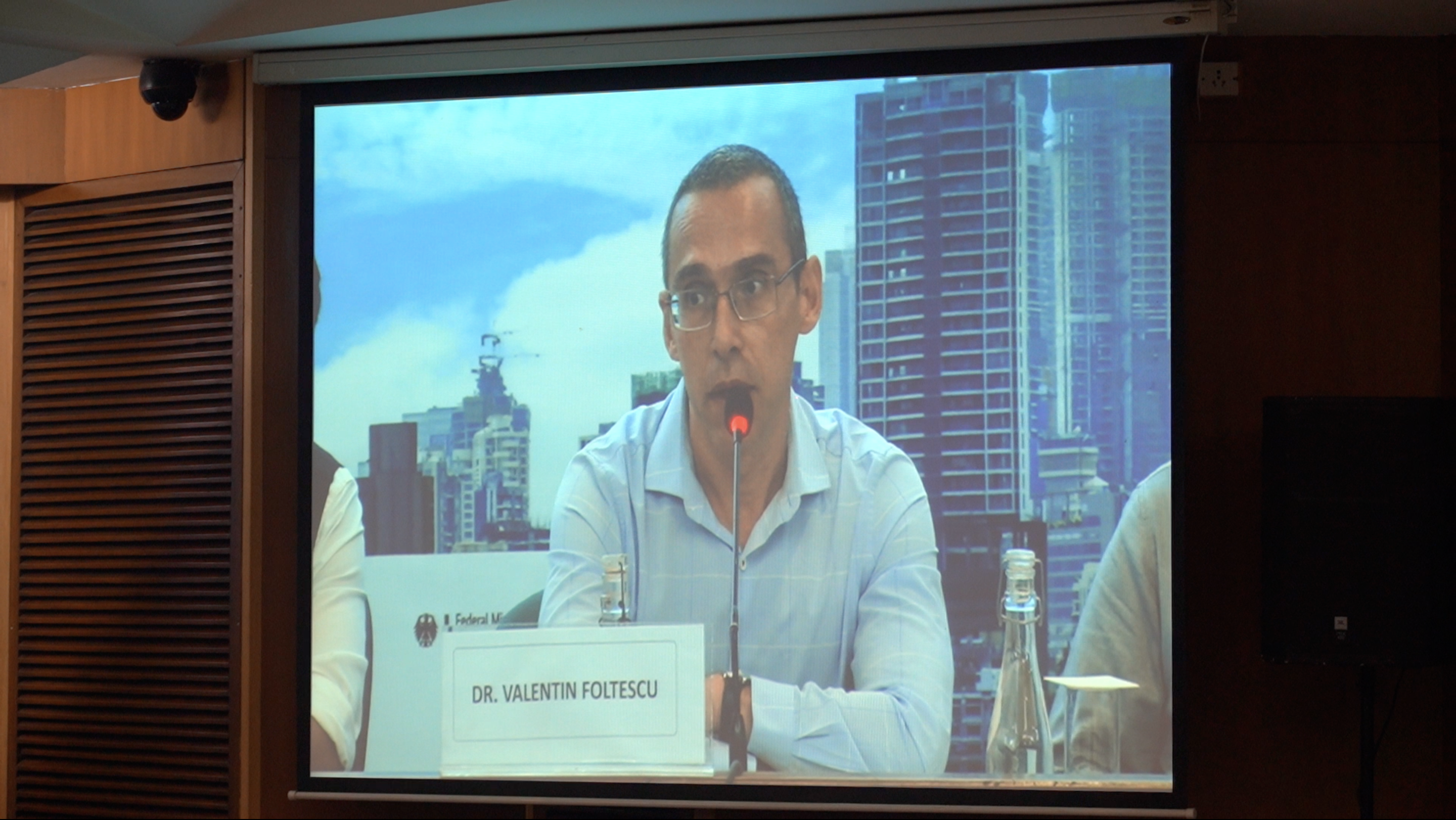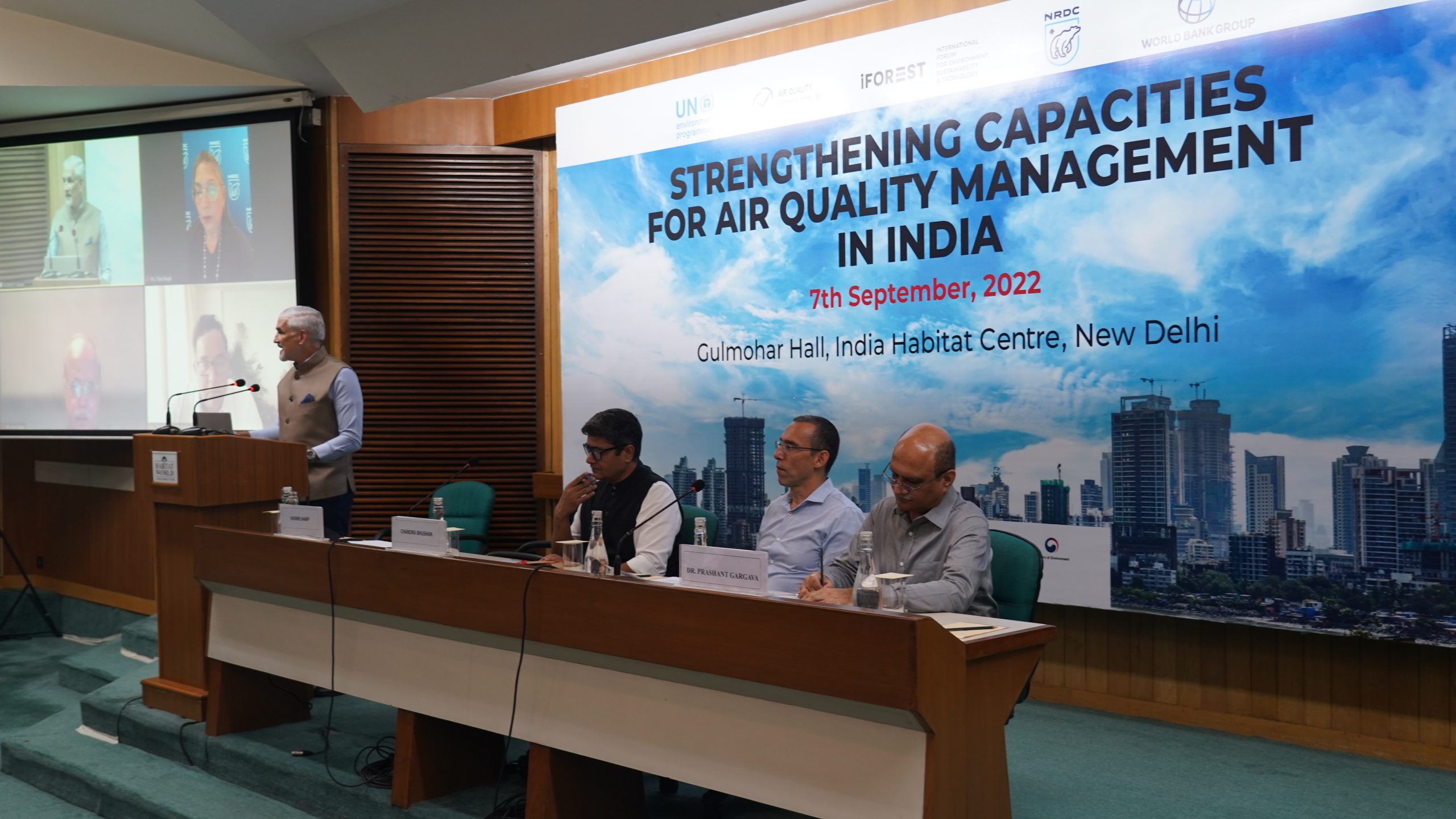Jobs for Clean Air: National Programme for Capacity Development for Air Quality Management
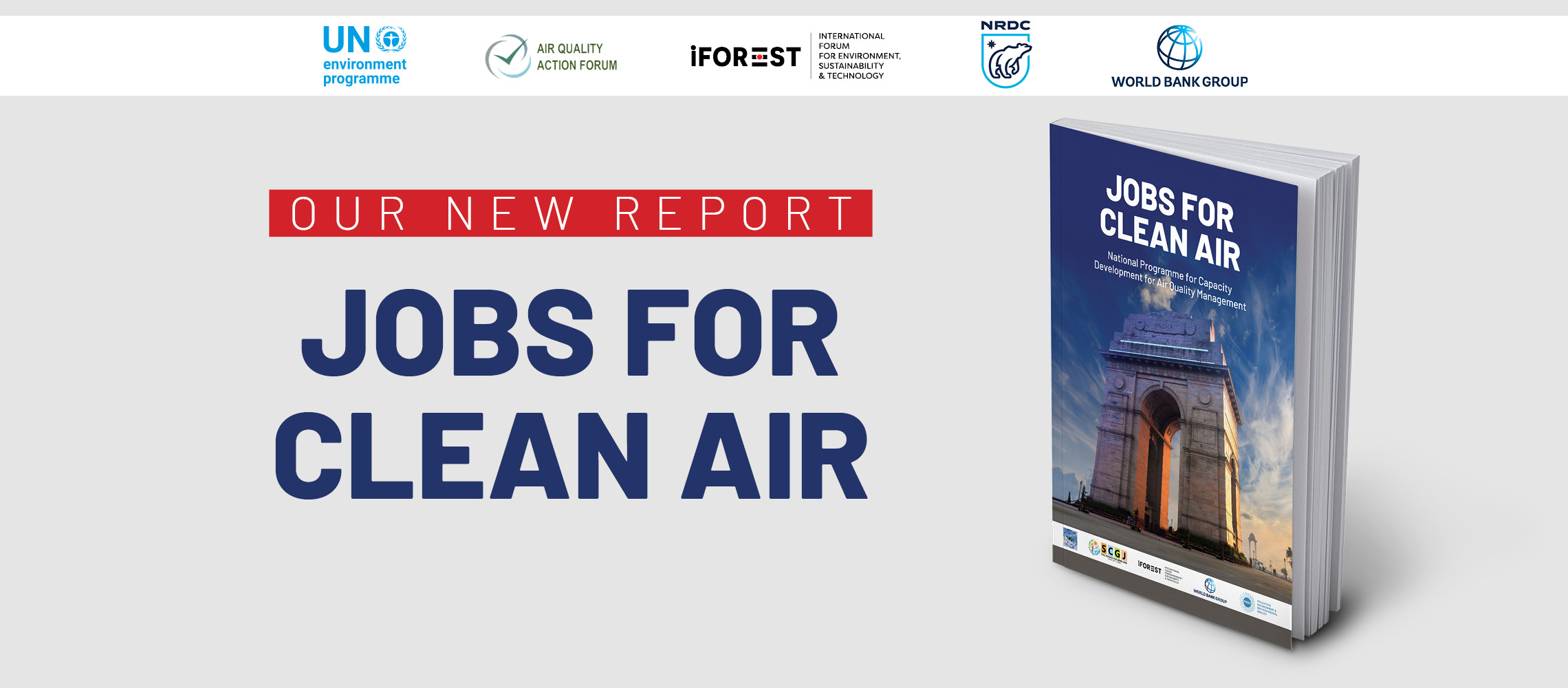
To deal with the air pollution challenges across India, the Ministry of Environment, Forest and Climate Change (MoEF&CC) has launched the National Clean Air Programme (NCAP). The NCAP is a long-term, time-bound national-level strategy to achieve a target of 20 to 30 per cent reduction in Particulate Matter (PM) concentrations by 2024, keeping 2017 as the base year. The Government of India is also in the process of launching a National Mission for Clean Air (NMCA) to adopt preventative measures that will tackle various contributors to air pollution and converge efforts at the city, state, and national levels by involving various departments and ministries. One of the key objectives of the NMCA is capacity building for various stakeholders in the sector, including State Pollution Control Boards (SPCBs)/Pollution Control Committees (PCC) and Urban Local Bodies (ULBs).
Considering the focus of the government, we tried to develop a road map for capacity development for the Air Quality Management (AQM) sector, this report shows that we need to train at least 1 million people over the next five years for air quality management. This will also create tens of thousands of new jobs in the public and private sectors to plan, monitor, mitigate, and control air pollutants.
The major challenge in the AQM sector in India is that the people presently working in the sector have not been trained and a large number of jobs that are required do not exist. Air pollution is an environmental issue, but we must also see its management as an opportunity to create new jobs and build a green economy. While a lot of the existing jobs lead to the destruction of the environment, we now have to start creating jobs to protect the environment. Our report shows the vast opportunity that exists in developing the environment sector as a vibrant economic sector.
Following are some of the key highlights of the report:
1. The report has mapped the AQM sector, which includes government agencies/organizations and industries. This is the first attempt of its kind to map an environmental sector in the country.
2. The agencies, organisations and industries working in the AQM sector, which the report covers include, ministries and departments of the government, state pollution control boards, urban local bodies, air polluting industries, and air pollution control industries.
3. The report found that there are at least 2.8 lakh organizations and industries across the country that require personnel for AQM.
4. It has identified 42 specific job roles that are required to control air pollution in the country. These include a wide range, from municipal workers involved in dust control and Construction and Demolition waste management, to specialists in transport planning, air quality modelling and forecasting.
5. In total 2.2 million jobs are required to manage air pollution in the country. A large number of these jobs, about 1.6 million, already exist. However, many of them have never been trained to manage air quality, such as the municipal workers and PUC operators, who can be at the frontline.
6. There is a further need to employ thousands of people to meet the requirements of a growing number of industries, ULBs, consultancy and government. The report estimates that the AQM sector requires at least 50,000 new jobs, ranging from researchers and analysts to air quality supervisors in ULBs and regulators on pollution control boards.
Photographs of the event
Media Coverage
Inaugural Session
Session 1 (Strengthening implementation capacities on air quality)
Session 2 (Strengthening research capacities on air quality)
Session3 (Addressing financial constraints to build capacitates)

